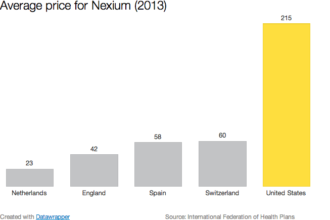Effective communication between physicians and patients is fundamental to providing high-quality healthcare. Clear, empathetic communication not only helps in building trust but also enhances patient compliance, satisfaction, and overall outcomes. As the healthcare landscape grows more complex, focusing on improving this vital interaction becomes even more critical.
Why Communication Matters in Healthcare
Strong physician-patient communication creates a foundation for accurate diagnosis and treatment. Patients are more likely to disclose symptoms, medical history, and personal concerns when they feel understood and valued. This openness enables physicians to make more informed decisions, potentially catching issues early and reducing the risk of complications.
Key Elements of Effective Physician-Patient Interaction
Successful physician-patient communication is built on several core principles:
- Active Listening: Truly listening to the patient’s concerns, without interruptions, ensures they feel heard. This approach encourages patients to share crucial information, which can aid in precise diagnosis and treatment.
- Clear, Jargon-Free Explanations: Medical terms can overwhelm or confuse patients. Using simple language to explain procedures, diagnoses, and treatments helps patients understand their health better and engage more fully in their care.
- Empathy and Compassion: A compassionate approach reassures patients, especially those facing serious health concerns. Showing empathy can help alleviate patient anxiety, making them more receptive to treatment recommendations.
Supporting Communication with Technology
Technological solutions also play a role in enhancing physician-patient communication. For example, a medical answering service company can help ensure that patient inquiries are promptly addressed outside regular office hours, bridging communication gaps and improving patient satisfaction. This service provides a seamless, professional response to patients’ needs, especially in cases requiring urgent information or support.
A focus on effective communication can transform the patient experience, building trust and fostering a supportive, therapeutic relationship. For healthcare professionals, honing communication skills and embracing supportive technology can help elevate the standard of care. Look over the accompanying resource to learn more.








